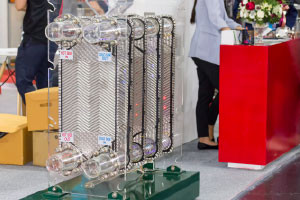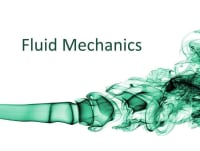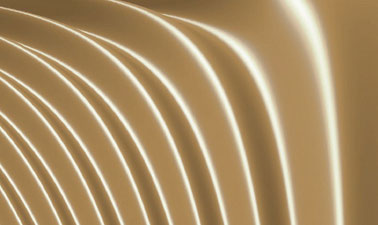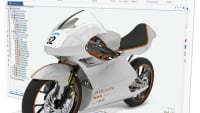Description
If you've ever seen rusty car bodies, leaking pipes, tarnished silverware, or the green patina of a copper roof, you've seen corrosion at work. This course, developed in collaboration with AkzoNobel by the Corrosion@Manchester team, will teach you why metals corrode, what the environmental consequences are, how much corrosion costs, and how corrosion can be controlled. It is intended for students, homeowners, teachers, professionals, and anyone in the middle.
The course's goal is to introduce students to the complex world of corrosion and corrosion control. While a thorough understanding of corrosion science necessitates knowledge of materials science, electrochemistry, and physics, and while corrosion engineering necessitates practical knowledge of corrosion failures and engineering design, this course does not necessitate a broad background. The course mirrors elements of The University of Manchester's Corrosion Control Engineering teaching programme for final-year undergraduates and master's-level postgraduates and is used as a supplementary learning resource by our students.
Syllabus :
1. Week 1: Principles of Corrosion
- Welcome to Principles of corrosion
- Introduction and learning outcomes
- Rusting of steel
- Introduction to corrosion – Ecorr
- A career in corrosion control
- Introduction and learning outcomes
- EFC Design
- Types of corrosion
- Introduction and learning outcomes
- Corrosion matters
- Mechanical properties of materials
- Corrosion of zinc
- Introduction and learning outcomes
- Forth Bridge
- I-35W_bridge
- Aloha 243
- Introduction
- Video of steel polarisation
- Reactions on an Iron Electrode
- Conductivity and circuits
- Chemistry of a Al/Cu battery
- Potential distribution in the electrolyte and wire
- Corrosion Cells
- Galvanic Cells
- Galvanic Corrosion: Reactivity series
- Galvanic Corrosion: Bimetallic corrosion
- Measurement of Corrosion: Three electrode cell
- Measurement of Corrosion: Evans Diagrams
- Measurement of Corrosion: Faraday’s Law
- Measurement of Corrosion: Linear Polarisation Resistance
- Measurement of Corrosion: Practical LPR
- Introduction to Passivity
- Faraday experiment
- Thermodynamics
- Kinetics
- Passivity: Summary
- Introduction
- Aesthetic
- Erosion impeller
- Flow erosion
- Hydrogen cracking
- Pitting-crevice
- Kipper
- Rusticle
2. Week 2: Cathodic Protection
- Welcome to Cathodic Protection
- Introduction to Cathodic Protection
- Basic Principles of Cathodic Protection
- Practical Aspects of Cathodic Protection
- Design of Cathodic Protection Systems
- Potential Decay and Current Drain Test
- Cathodic Protection of Reinforced Concrete Structures
3. Week 3: Surface Engineering
- Welcome to Surface Engineering for corrosion protection
- Surface Engineering for corrosion protection
- Surface Engineering Techniques Part 1
- Surface Engineering Techniques Part 2
- Surface Engineering Techniques Part 3
- Coating Performance and Industrial Challenge
4. Week 4: Oilfield Corrosion and Control
- Welcome to this unit on Oilfield Corrosion and Control
- Introducing Oil and Gas
- Oil and Gas Reservoirs
- Oil and Gas Composition
- Oil and Gas Production
- Activities and Equipment in the Oil and Gas Industry
- Common Oilfield Materials
- Oilfield Corrosion and Other Issues
- Impact of Fluid Flow
- Scales and Deposits
- Sweet and Sour Corrosion1
- Sour Corrosion
- Sweet and Sour Corrosion Prediction
- Oilfield Corrosion Control
- Corrosion Inhibition1
- Corrosion Inhibitor Selection/Deployment
- Oilfield Corrosion Management, Monitoring and Inspection
- Corrosion Monitoring
- Corrosion Inspection









